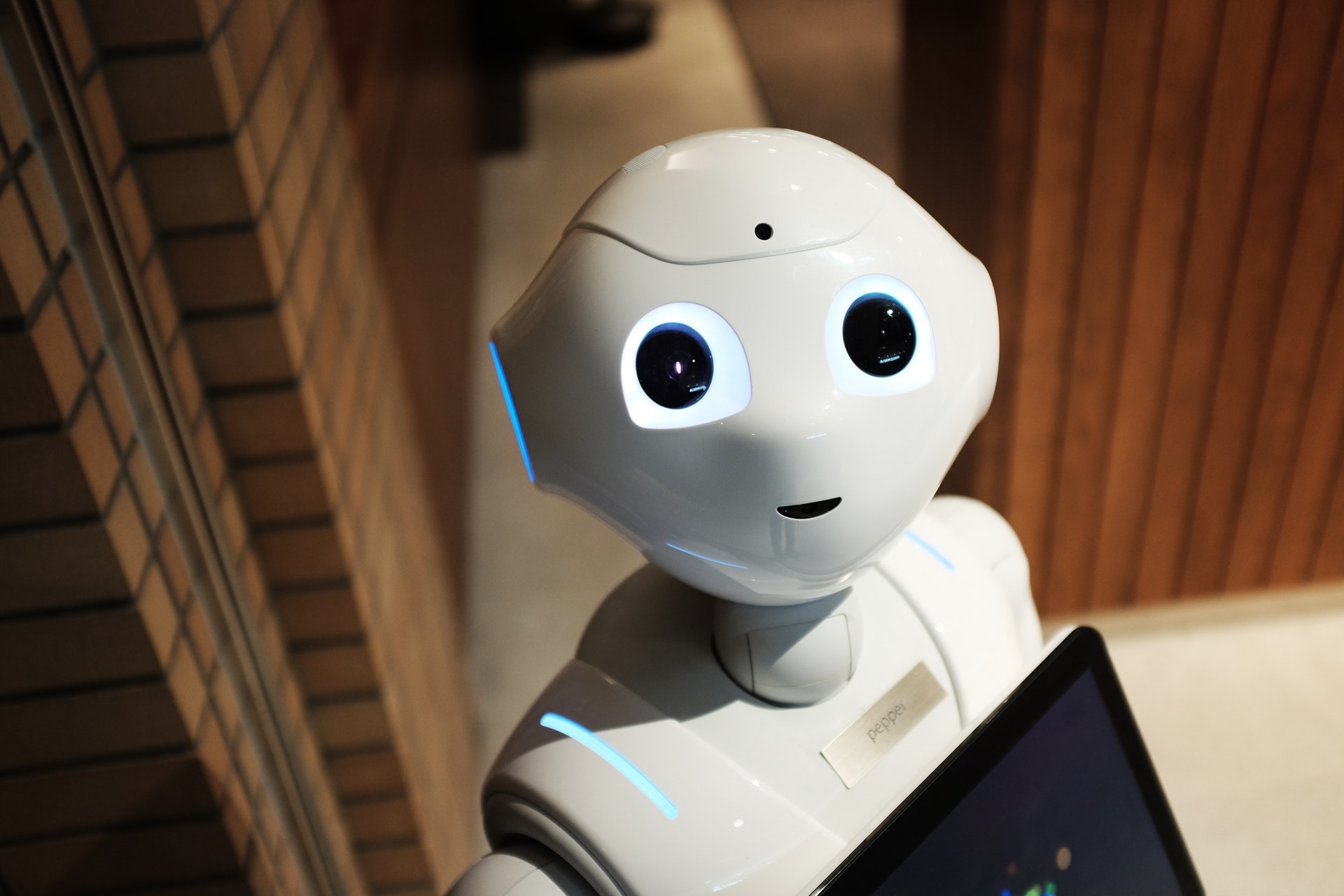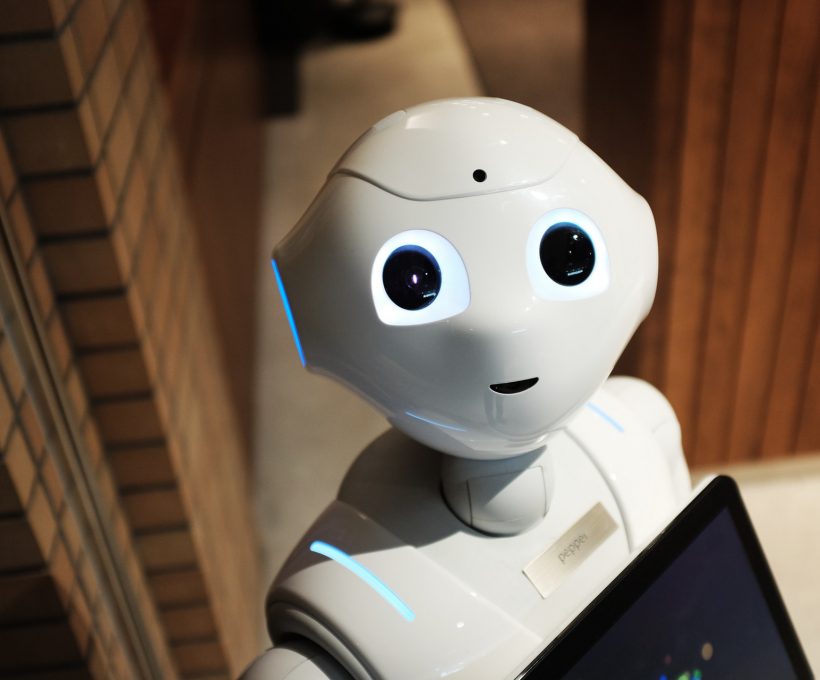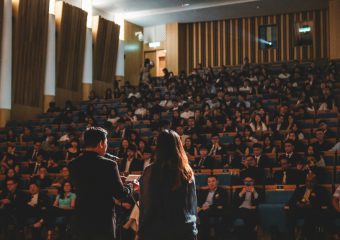Since the emergence of artificial intelligence (AI), people have been talking about how automation will replace people at their jobs.
This then leads to the question; will AI result in an unemployment apocalypse in the future?
That may sound a bit dramatic but for youths it could be a scary thought especially if they’re counting on securing a stable job in the future.
While it’s undeniable that AI has replaced people in certain tasks, there has been a great misconception that it will completely replace humans in the workplace.
On the contrary, we’re witnessing more new jobs being created and each new innovation actually makes us more productive.
In recent SarawakYES! articles, we’ve discussed the emergence of new jobs that might have not existed a decade ago in Sarawak such as social media strategists and data scientists.
In addition to this, AI actually helps people to be better at their job.
Take sales work for instance. AI will basically take care of unproductive tasks so that salespeople can focus on more important tasks such as strategising, communicating and empathising more with clients and find creative solutions to their problems.
And while technology can simplify complicated processes, it cannot totally replicate the responses that humans can display.
AI was invented and programmed to work and learn within a set of code.
However, individuals react differently according to their respective environment, thus making humans unpredictable due to multiple variables.
And among the things that AI can never totally learn are the creativity, emotion and empathy that we humans have.
For example, when you’re in a hospital, AI will make it easier for patients in terms of the registration procedures and access to medical records.
However, you will never trust AI with a life altering decision.
This is where patients will still need medical personnel like doctors and nurses to tell them about their medical diagnosis with much empathy, to gain trust to follow a certain delicate procedure and to patiently guide them through therapy.
So, even when technology can do an adequate job, as humans we will still want to interact with an actual person.
As humans, we are social creatures and we still crave for interaction and will respond differently to each other’s emotions.
This is a weekly column by SarawakYES! – an initiative driven by Faradale Media-M Sdn Bhd and supported by Angkatan Zaman Mansang (AZAM) Sarawak – to provide advice and stories on the topics of education and careers to support Sarawakians seeking to achieve their dreams. Join us on Facebook, Twitter, Instagram and YouTube.
This article first appeared on The Borneo Post, published in the print version on Saturday, August 24, 2019.
Photo by Alex Knight from Pexels.




